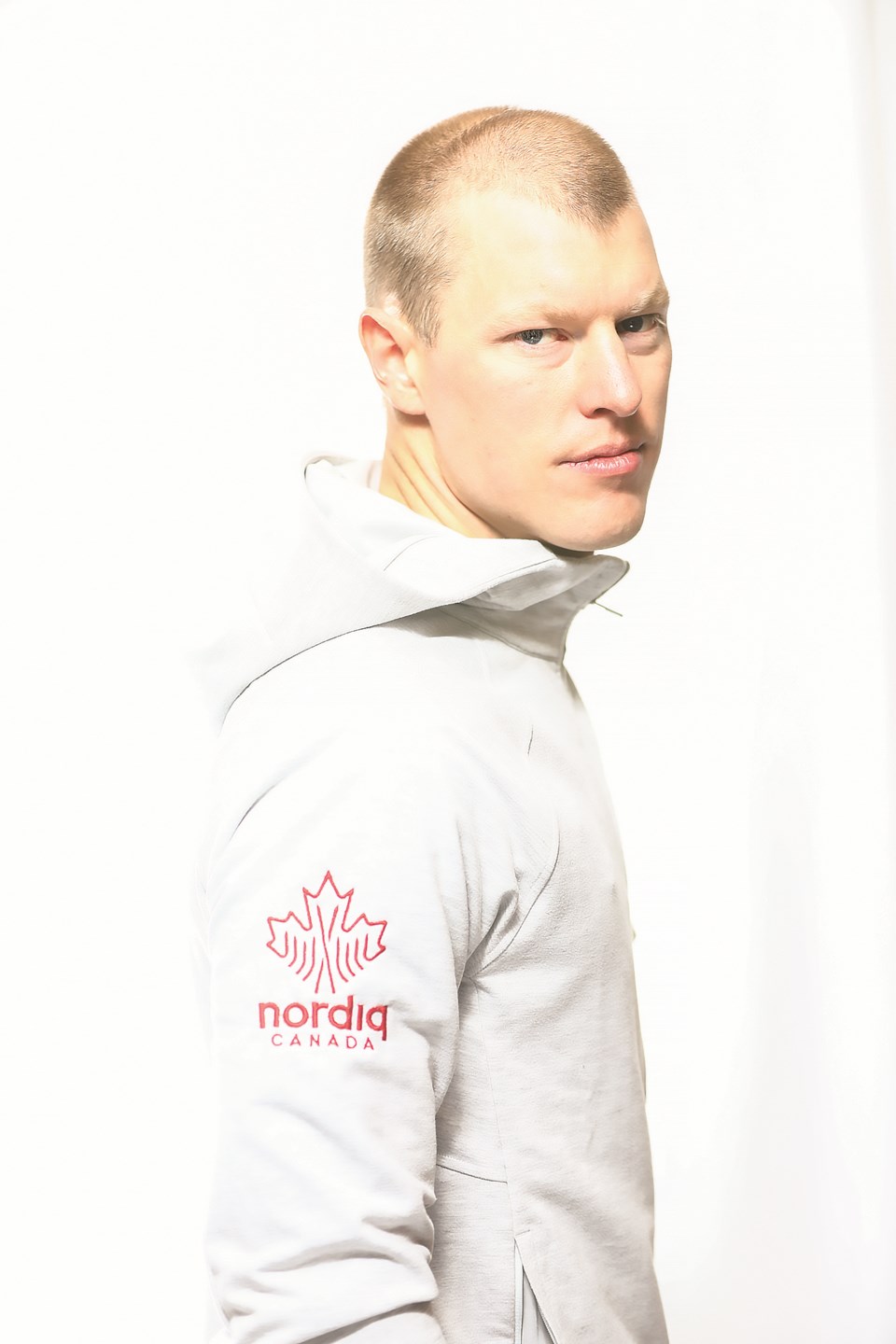CANMORE – Sure bets in life are: death, taxes, and Mark Arendz with multiple medals hanging from his neck after the Paralympics.
Coming off yet another massive outing at the Winter Paralympic Games, where he won four medals (gold, silver, two bronze), the 32-year-old skier is among an elite company of Canadians following Beijing.
“I’m extremely proud,” said Arendz, who's from Hartsville, P.E.I. “I wish I could have done a little bit better with the cross countries, I think. I’m not sure there’s anything I could have done to have better performances those days.”
Along with teammate Natalie Wilkie, Arendz tied for most medals won by a Canadian in Beijing with four. Over the past two Games, Arendz, who lives and trains in Canmore, has won a staggering 10 medals.
With all the podium success, the 12-time Paralympic medallist is on an exclusive list of Canadians with double digit medals at the Winter Paralympics. Only three others have done it including teammate Brian McKeever, who’s a 16-time gold medallist and winner of 20 medals overall.
A four-time Paralympian, Arendz’s shining moment in Beijing was in the 10-kilometre biathlon on March 8, an interval start with five 2.5km loops and four trips to the shooting range. Each missed shot resulted in a 100-metre penalty lap.
After four trips to the range at the Zhangjiakou National Biathlon Centre, Arendz was in a head-to-head battle for gold with Ukraine’s Grygorii Vovchynskyi, where one tiny mistake would decide medal colours.
“I thought I opened with a really good [first] lap and shot clean and that was the first step,” said Arendz. “Then all of a sudden, I heard a high-tempo ski behind me and I looked and there’s Grygorii who just caught 30 seconds on me, and I was like, ‘oh wow. OK, maybe I wasn’t as fast as I thought.’”
Arendz was still getting over the demanding 20km cross-country classic a day earlier when he finished fourth. Coming in fresh, Vovchynskyi didn't participate in the classic and skied like it.
Knowing this, the Canadian focused on what he could do with a rifle.
The pair of champions, who are friends outside of racing, set the bar for the field that day. Vovchynskyi led over Arendz as they shot clean in the next two trips to the range and were skiing neck-and-neck.
The Ukrainian even waited for Arendz once to finish knocking down targets.
“I didn’t realize this until later, but he actually waited for me. He really wanted me to ski in front of him that third lap,” Arendz said with a laugh. “Finally, [head coach] Robin [McKeever] told me, ‘you gotta go now or you gotta wait until the end.’
“I didn’t quite feel I had the strength to go multiple times, so essentially I had one chance and I had to do it.”
On the fourth lap, Arendz noticed Vovchynskyi, who still led, was slowing down. Arendz pace was not one Vovchynskyi could maintain, but it was still not nearly enough to significantly pull away from the Ukrainian.
When the pair entered the fourth and last shooting bout, both were 15-for-15 and it became clear that if the Canadian was going to win, he would have to shoot down the final five targets and then ski his ass off for 2.5km to the finish line.
“The focus was shoot clean – that was the only way I could stay competitive that day, I thought,” Arendz said.
Shooting just mere feet away from each other in prone position, Vovchynskyi made his first mistake of the day at the worst possible moment. He missed the third target and hit four-of-five. A costly mistake in the game of seconds.
Arendz, however, knocked them all down.
“When I went clean I started going and I saw he went to the penalty loop and I knew that was my only opportunity," said Arendz. "I had to go then in order to open up a gap because I know he is capable of closing quite a bit of time in that final lap and I didn’t think it was over yet."
The Canadian attacked the first quarter of the last lap, trying to open as much distance as he could on the Ukrainian. About halfway through the lap, the race was Arendz’s as he grew stronger while Vovchynskyi faded.
At the finish line, an overjoyed Arendz burst with emotion when gold was secured. The celebration of fist pumps, jumps and cheers was an accumulation of many things: hard training days, a life dedicated to sport, and uncertainty leading into Beijing.
The fear COVID could cancel the Games at any moment was always a dark lump in Arendz's mind.
“Like, am I doing all this work and then it’s going to be moved to another year or later or cancelled outright? So there was always that little stress. And then when we got here, there was also that anxiety of trying to stay healthy," said Arendz. "The racing was the simple part of just doing it.”
Over the course of the Games, Arendz won silver in the 12.5km individual biathlon, bronze in biathlon sprint, and bronze in the 4X2.5km mixed team relay.
After Beijing, Arendz didn't waste any time finding competition again and headed to Whistler, B.C., for cross-country nationals.
"After a few rough seasons, it’s kind of all coming back together and I think it will be special going to nationals and a nice end to the season," Arendz said.




